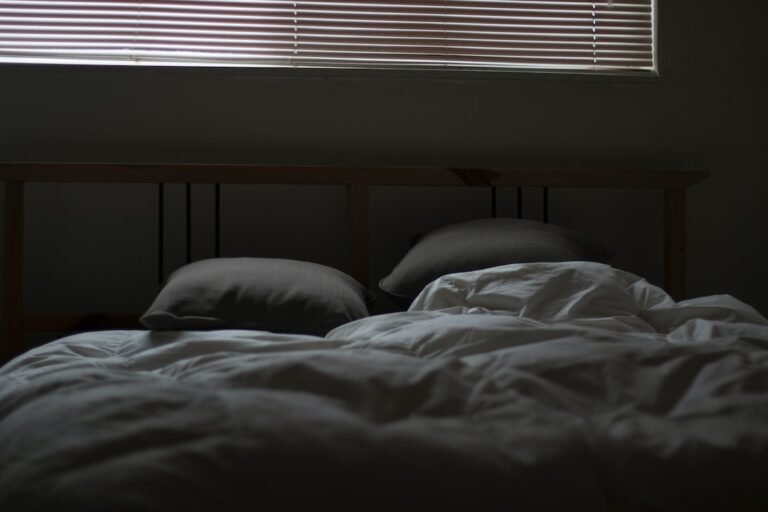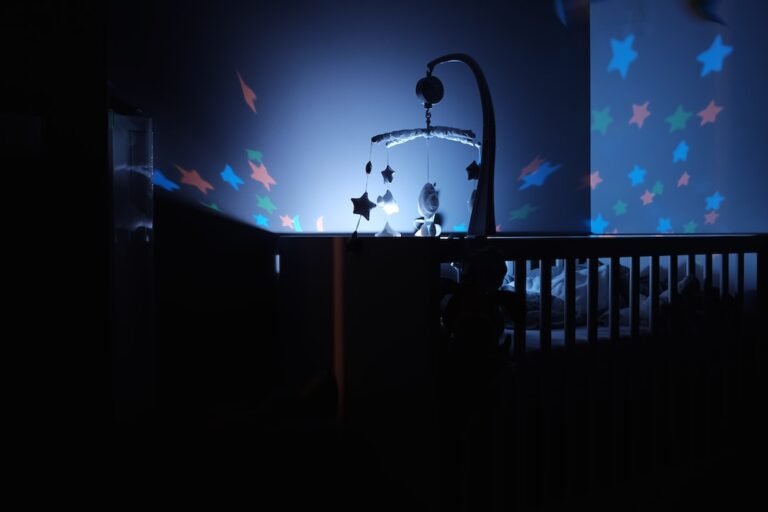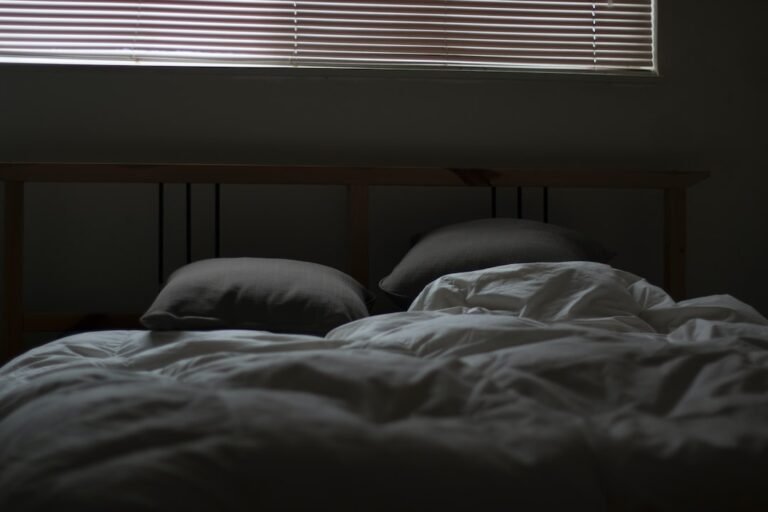The Ultimate Guide to Better Sleep with CBD: How Cannabidiol Can Help You Get a Good Night’s Rest
Sleep is an essential part of our daily lives, yet many people struggle to get the rest they need. Lack of sleep can have a significant impact on our overall health and well-being, affecting everything from our mood and cognitive function to our immune system and cardiovascular health. As a result, there has been a growing interest in finding natural remedies to promote better sleep, and one substance that has gained attention is CBD.
CBD, short for cannabidiol, is a compound derived from the cannabis plant. Unlike its counterpart THC, CBD does not produce psychoactive effects and is legal in many parts of the world. In recent years, CBD has gained popularity for its potential therapeutic benefits, including its ability to promote relaxation and improve sleep quality.
Understanding the Science of Sleep: The Role of CBD in Promoting Better Rest
To understand how CBD can help with sleep, it’s important to first understand the science behind sleep itself. Sleep is a complex process that involves different stages and cycles. There are two main types of sleep: rapid eye movement (REM) sleep and non-rapid eye movement (NREM) sleep.
During NREM sleep, the body goes through three stages: stage 1, stage 2, and stage 3. Stage 1 is the lightest stage of sleep, while stage 3 is the deepest and most restorative. REM sleep, on the other hand, is characterized by rapid eye movements and vivid dreaming.
CBD interacts with the body’s endocannabinoid system (ECS), which plays a role in regulating various physiological processes, including sleep. The ECS consists of cannabinoid receptors located throughout the body, including in the brain. When CBD is consumed, it interacts with these receptors, helping to promote relaxation and improve sleep quality.
How CBD Works: The Mechanisms Behind Its Sleep-Inducing Properties
CBD can affect the body and brain in several ways, which can contribute to its sleep-inducing properties. One of the main ways CBD promotes better sleep is by reducing anxiety. Anxiety can interfere with sleep, making it difficult to fall asleep or stay asleep throughout the night. CBD has been shown to have anxiolytic (anti-anxiety) effects, helping to calm the mind and promote a sense of relaxation.
In addition to reducing anxiety, CBD can also help with pain and inflammation, both of which can interfere with sleep. Chronic pain conditions, such as arthritis or fibromyalgia, can make it difficult to find a comfortable sleeping position and stay asleep. CBD has been shown to have analgesic (pain-relieving) and anti-inflammatory properties, which can help alleviate pain and improve sleep quality.
The Benefits of Using CBD for Sleep: Why It’s a Safe and Natural Alternative to Traditional Sleep Aids
CBD offers several benefits as a sleep aid compared to traditional sleep aids, such as prescription medications or over-the-counter supplements. One of the main advantages of CBD is that it is a natural compound derived from plants. Unlike prescription medications, which often come with a long list of potential side effects, CBD is generally well-tolerated and has a low risk of adverse effects.
Another benefit of using CBD for sleep is that it does not produce the same level of dependence or tolerance as some other sleep aids. Prescription medications, such as benzodiazepines or sedatives, can be habit-forming and may lose their effectiveness over time. CBD, on the other hand, does not have the same addictive properties and can be used on an as-needed basis without the risk of developing a dependence.
Finding the Right CBD Product for Your Sleep Needs: A Comprehensive Guide
When it comes to choosing a CBD product for sleep, there are several factors to consider. One of the first decisions you’ll need to make is what type of product to use. CBD is available in various forms, including oils, capsules, and gummies. Each type of product has its own advantages and disadvantages, so it’s important to choose one that suits your preferences and needs.
Another factor to consider is the dosage and potency of the CBD product. The optimal dosage of CBD can vary depending on factors such as body weight, metabolism, and the severity of your sleep issues. It’s generally recommended to start with a low dose and gradually increase it until you find the right amount for your individual needs.
In addition to dosage and potency, it’s also important to consider the ingredients in the CBD product. Some products may contain additional ingredients, such as melatonin or other sleep-promoting herbs, which can enhance the sleep-inducing effects of CBD. However, it’s important to read the labels carefully and choose products that are free from unnecessary additives or fillers.
Dosage and Timing: How to Use CBD for Optimal Sleep Results

Determining the right dosage of CBD for sleep can be a trial-and-error process, as everyone’s body is different. It’s generally recommended to start with a low dose and gradually increase it until you find the right amount for your individual needs. It’s also important to note that CBD can have a biphasic effect, meaning that low doses may have a different effect than high doses.
In terms of timing, it’s generally recommended to take CBD about 30 minutes before bedtime. This allows enough time for the CBD to be absorbed into the bloodstream and take effect. However, some people may find it beneficial to take CBD throughout the day to manage anxiety or stress, which can interfere with sleep.
Combining CBD with Other Sleep-Boosting Strategies: Tips and Tricks for Better Rest
While CBD can be effective on its own, it can also be used in conjunction with other sleep-boosting strategies to enhance its effectiveness. One of the most important lifestyle changes you can make to improve sleep is to establish a consistent sleep routine. Going to bed and waking up at the same time every day can help regulate your body’s internal clock and improve sleep quality.
In addition to a consistent sleep routine, other strategies that can improve sleep include regular exercise, a healthy diet, and relaxation techniques. Exercise has been shown to improve sleep quality and reduce symptoms of insomnia. Eating a balanced diet that includes foods rich in sleep-promoting nutrients, such as magnesium and tryptophan, can also help improve sleep.
Addressing Underlying Sleep Issues with CBD: How It Can Help with Insomnia, Anxiety, and More
CBD can be particularly beneficial for addressing underlying sleep issues, such as insomnia or anxiety. Insomnia is a common sleep disorder characterized by difficulty falling asleep or staying asleep throughout the night. CBD has been shown to have sedative effects, helping to promote relaxation and improve sleep quality in people with insomnia.
Anxiety is another common issue that can interfere with sleep. CBD has been shown to have anxiolytic (anti-anxiety) effects, helping to calm the mind and reduce symptoms of anxiety. By reducing anxiety, CBD can help promote better sleep and alleviate insomnia symptoms.
CBD and Sleep Quality: How It Can Improve the Duration and Depth of Your Sleep
Research has shown that CBD can have a positive impact on sleep quality. One study found that CBD increased the total amount of sleep time in participants with insomnia. Another study found that CBD improved the duration of REM sleep, which is important for memory consolidation and cognitive function.
CBD has also been shown to reduce sleep latency, which is the amount of time it takes to fall asleep. By reducing sleep latency, CBD can help people fall asleep faster and stay asleep throughout the night.
The Risks and Side Effects of CBD for Sleep: What You Need to Know Before Trying It
While CBD is generally well-tolerated, it can cause some side effects in some people. The most common side effects of CBD include drowsiness, dry mouth, and changes in appetite. These side effects are usually mild and temporary, but it’s important to be aware of them before trying CBD for sleep.
It’s also important to note that CBD can interact with certain medications, including blood thinners and antiepileptic drugs. If you are taking any medications, it’s important to consult with a healthcare provider before using CBD to ensure that it is safe for you.
Making CBD a Part of Your Sleep Routine: How to Incorporate It into Your Nightly Ritual for Better Rest
To incorporate CBD into your sleep routine, it’s important to establish a consistent dosage and timing. Start with a low dose and gradually increase it until you find the right amount for your individual needs. Take the CBD about 30 minutes before bedtime to allow enough time for it to take effect.
In addition to taking CBD, creating a relaxing environment can also help promote better sleep. This can include dimming the lights, turning off electronic devices, and engaging in relaxation techniques such as deep breathing or meditation. Creating a bedtime routine that includes these activities can signal to your body that it’s time to wind down and prepare for sleep.
CBD has gained attention as a potential natural remedy for sleep issues, thanks to its ability to promote relaxation and improve sleep quality. By interacting with the body’s endocannabinoid system, CBD can help reduce anxiety, pain, and inflammation, all of which can interfere with sleep. It offers several benefits as a sleep aid compared to traditional sleep aids, including its natural properties and low risk of adverse effects.
When choosing a CBD product for sleep, it’s important to consider factors such as dosage, potency, and ingredients. It’s also important to consult with a healthcare provider before trying CBD, especially if you are taking any medications. By incorporating CBD into your sleep routine and making other lifestyle changes, such as establishing a consistent sleep schedule and practicing relaxation techniques, you can improve your sleep quality and overall well-being.







